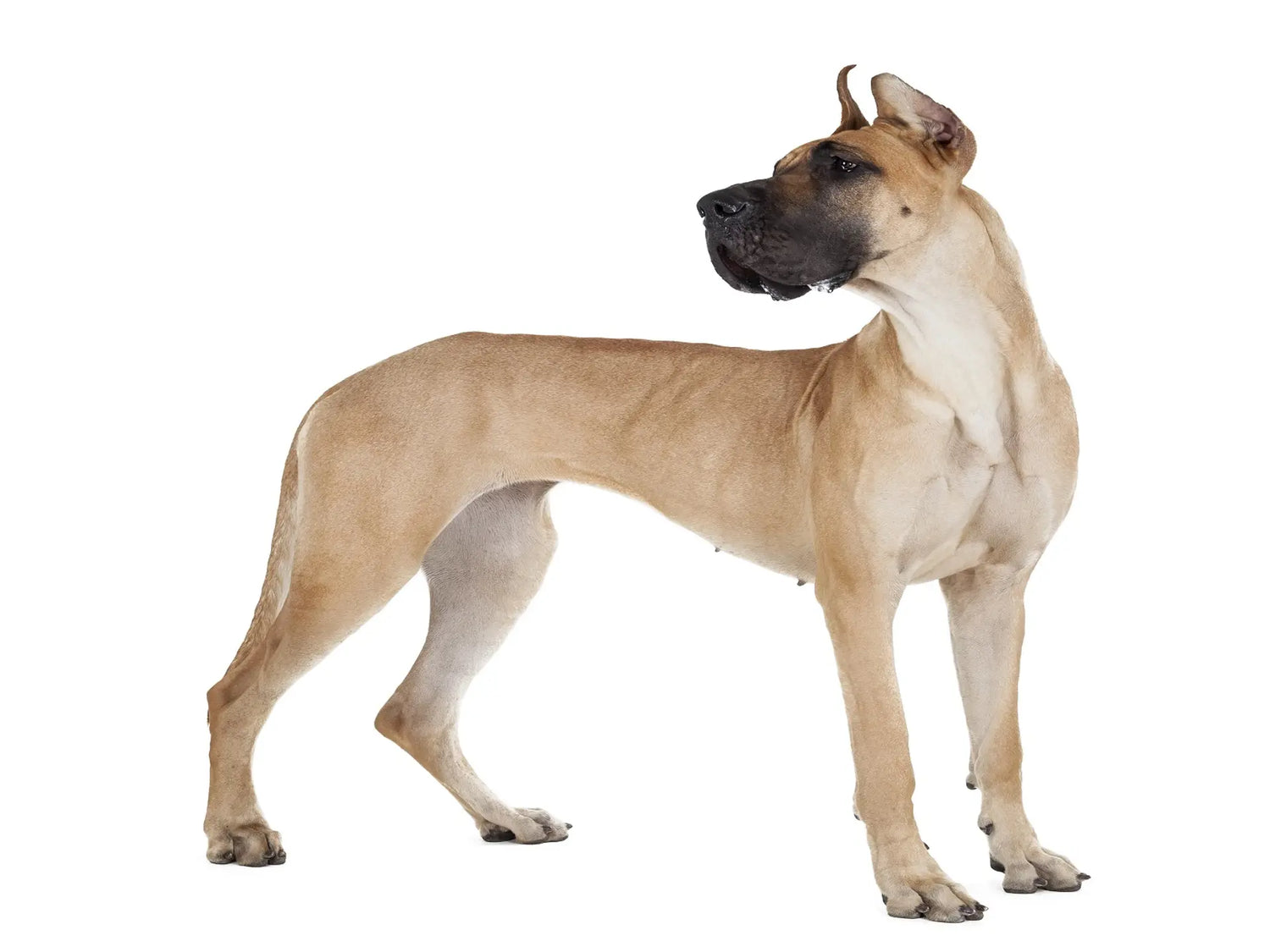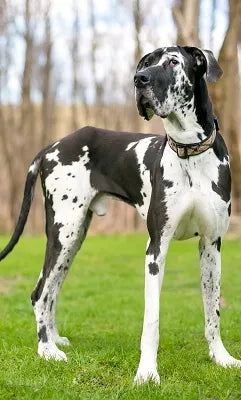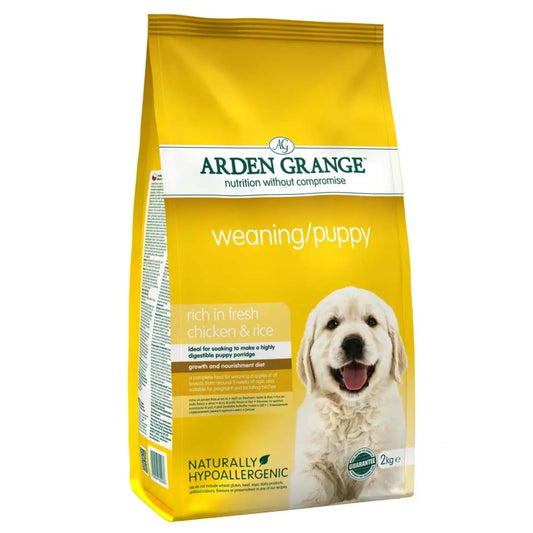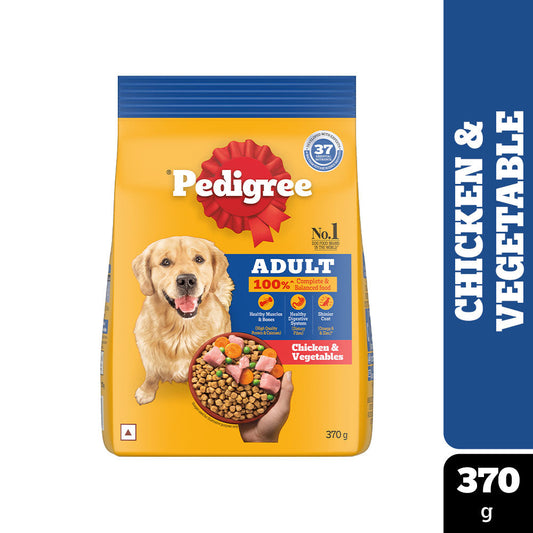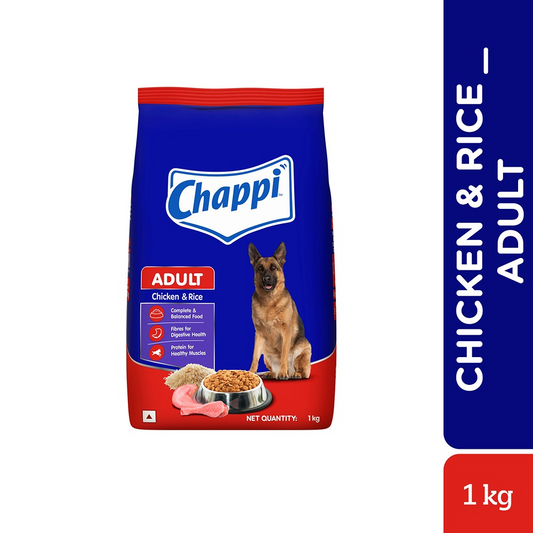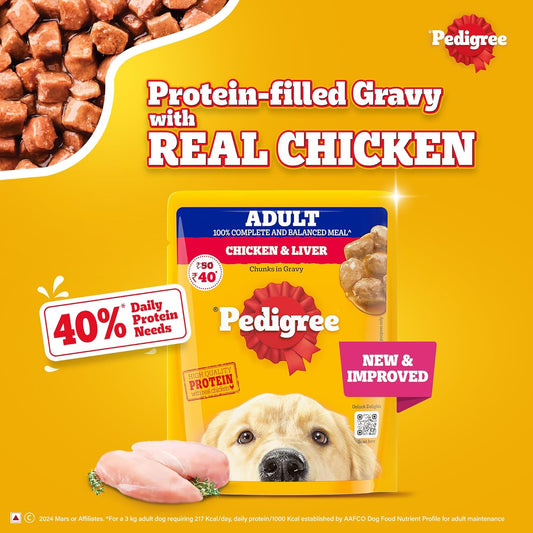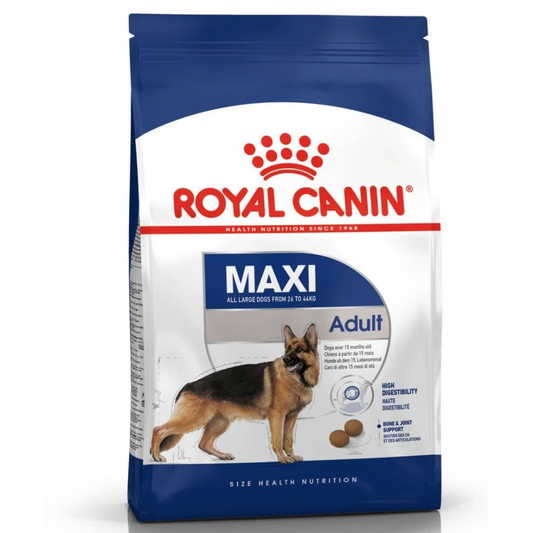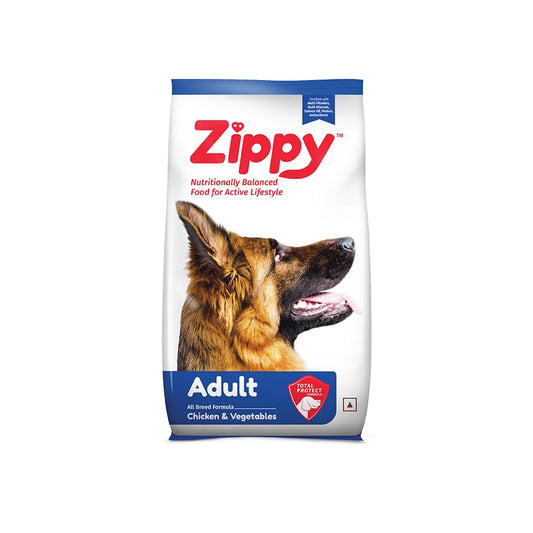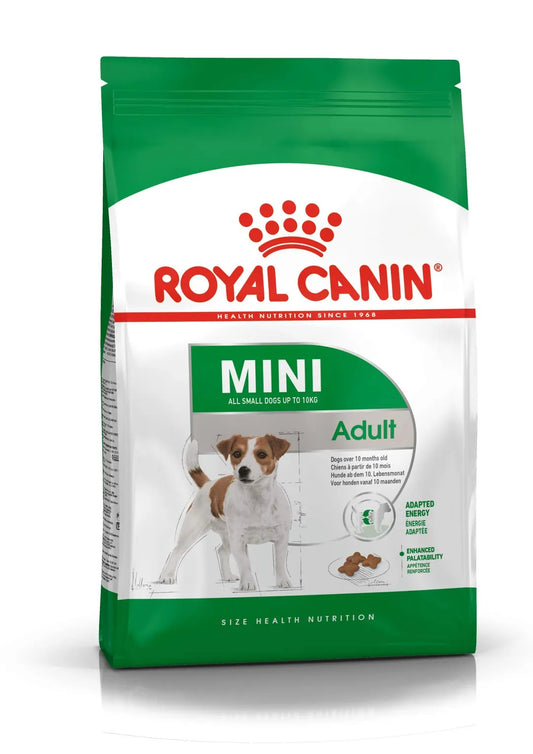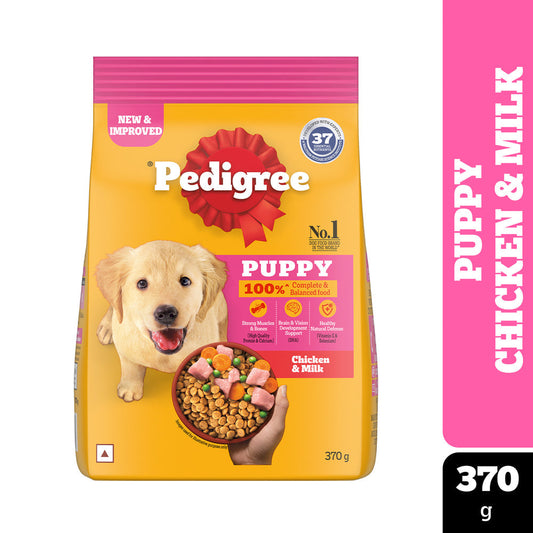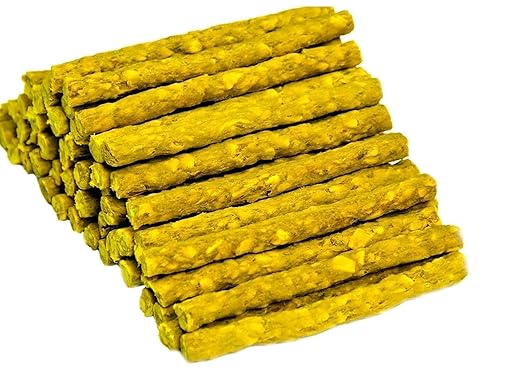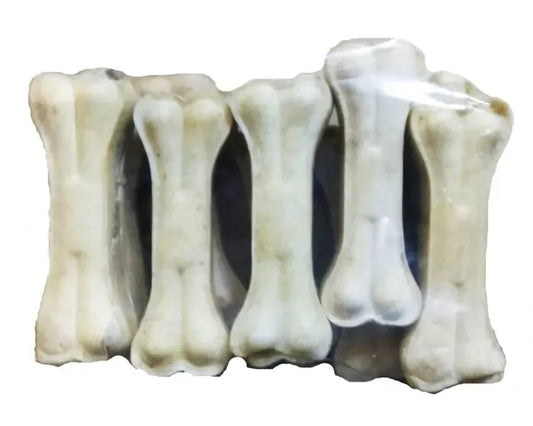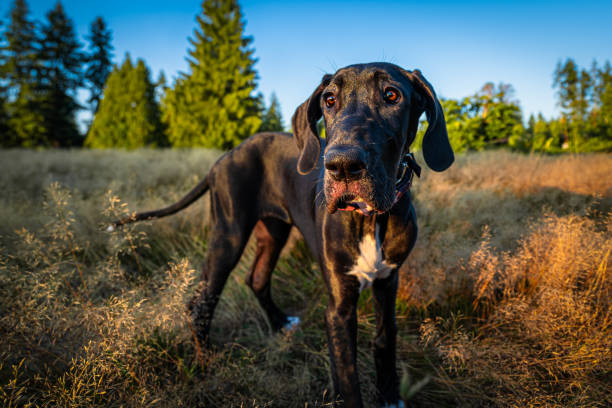You will not be allowed to compare more than 4 products at a time
View compareGreat Dane
Average sizes and life expectancy of the breed
71-79 cm
50-82 kg
8-10 years
Germany
Pure
working
Characteristics of the Great Dane
Due to their great demeanour and loud bark, Great Danes are often thought to be fierce. In reality, they are kind-hearted dogs who would curl up to you all day long. They are also known for their immense love towards kids. Of German origin, as its name implies, the Great Dane is also known in some countries as the “Danish dog”. Used in previous centuries as a hunting dog and war dog, he continues with many instincts of the genre and therefore suffers from the reputation of being an aggressive dog. But in reality, the Great Dane is a docile dog and is an amazing companion.
Cota
Great Danes have a short and dense coat. They are most commonly found in blue-grey and brindle colors, but gold, harlequin, black and white are also quite common. Despite having a short coat, Great Danes do experience shedding. This is mainly because of their big body, and they have so much hair in comparison to a small breed dog. But their shedding is not that profuse like other big dogs like German Shepherd or Golden Retrievers. A good deshedding brush can help you a lot in reducing the problem of hair fall in Great Danes. Although, rubber brushes go a long way too in capturing the hair like a magnet and also helping you do less vacuuming. Even though many Great Dane owners do brushing once in every week, you can brush your Great Dane's hair whenever you like. Also, remember to brush their hair gently as they have a short coat, otherwise you would end up hurting them.
Recommended Treats for Great Dane
Arden Grange with Chicken Weaning Puppy Food 2 Kg
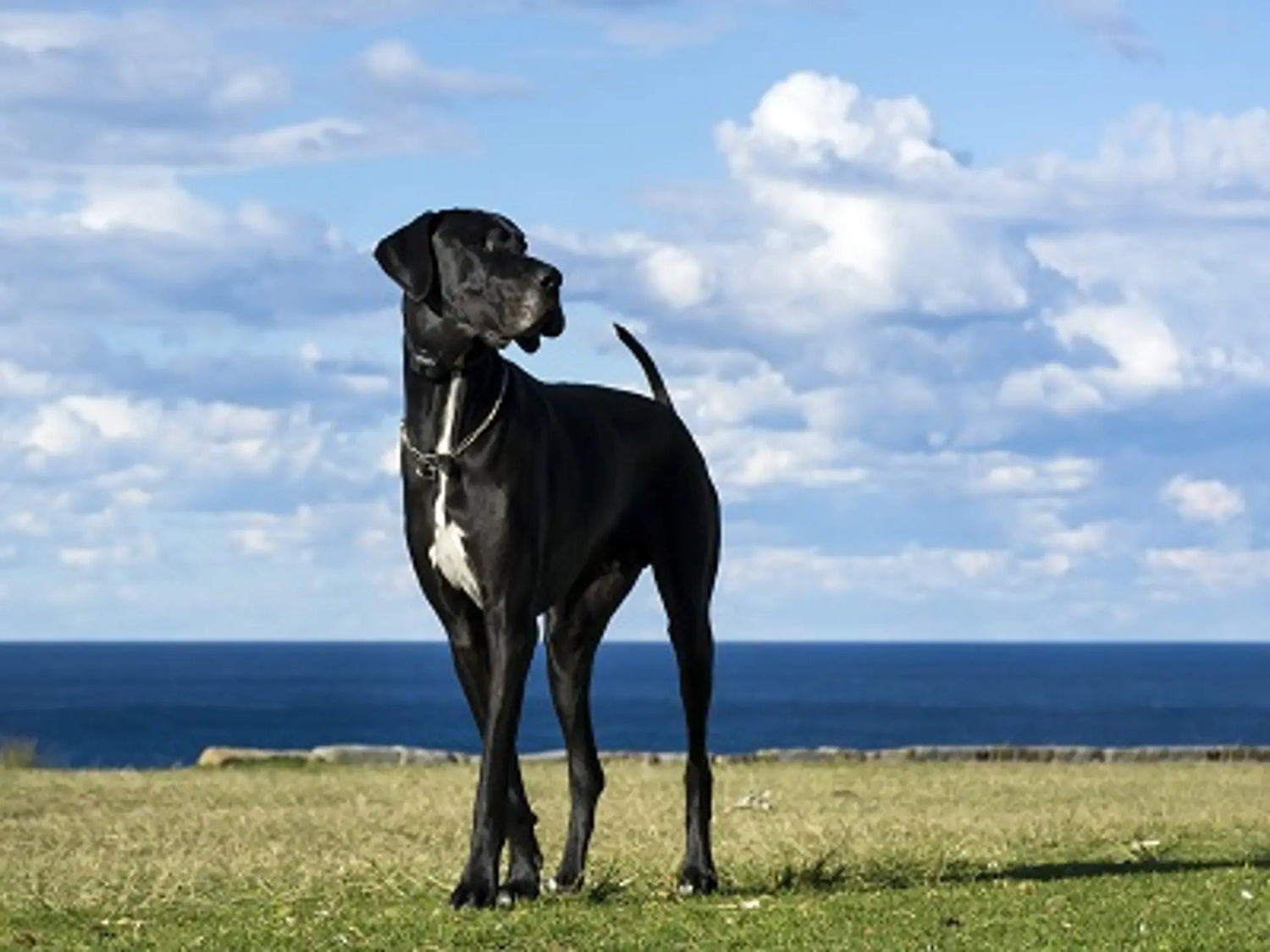
Recommended Treats for Beagle
Recommended Treats for Beagle
Arden Grange with Chicken Weaning Puppy Food 2 Kg
Grooming Your Great Dane
Despite having a short coat, Great Danes need regular grooming. The main reason for this being their big body that contributes to a lot of hair fall, even though it is gradual. So you will see your Great Dane shedding a fair bit of hair all through their year. To reduce the issue of shedding in these dogs, you may use a high quality Bristle Brush with a long, coarse hair that effectively reaches to the dog's undercoat. Bristle brush also go a long way in eliminating dander and dirt from the dog's skin. Another great brush you can use on Great Dane is Rubber Brush, where it works like a magnet, attracting loose hairs all over from the dog's body. When it comes to bathing them, you can do it once in every six to eight weeks. Regular bathing is essential for Great Danes, in order to minimise the problem of hair shedding, and to keep a healthy skin in them.
Taking Care of a Great Dane
The Great Dane sheds a lot of fur and therefore needs to be brushed quite often, especially in spring and autumn. Divide your Great Dane's meals so that he never eats a large amount at once - this can prevent him from having gastric torsion, a condition that can be fatal and most often requires quick surgical intervention.
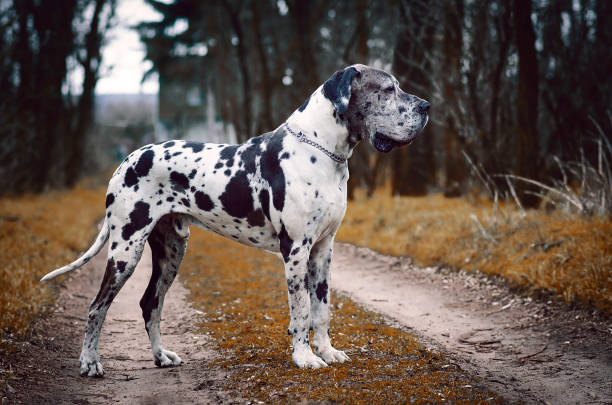
Health
Being a dog which has its origins in hunting and war dogs, Greed Dane is indeed a healthy and fit dog. If daily walks and periodic examinations are never missed, your Great Dane is unlikely to have health problems. However, being a purebred dog, he is predisposed to some diseases. One of them is Coxofemoral Dysplasia (imperfect fit of the hip joint), mainly due to its giant size. To avoid problems of this kind, physical exercises are indispensable and hence, an activity like muscle strengthening can help. Periodic knee exams are recommended, as these dogs can also have these overworked joints. Dogs of this breed are also very predisposed to gastric torsion, so this is another health problem that needs attention for Great Dane owners. In any case, do not allow your pet to do any type of physical activity after eating or drinking water. This can increase the chances of Bloating. Elbow Dysplasia, Wobbler Syndrome, Cataracts and Bone Problems are also seen with some frequency in Great Danes and deserve special care.
Curiosities
Do you know what famous dog is the Great Dane? Ironically, it's the fearful Scooby-Doo! In the Middle Ages, dogs of this breed were believed to have the power to ward off evil spirits. In ancient times, Great Danes were utilized to hunt wild boars. Giant George, was a blue Great Dane who held the record for being the tallest dog. He measured around 42 inches. Great Danes are a breed that grows exceedingly fast. Within 1 year, they go from being a fluffy puppy to a tall dog who looks like six feet, when standing on hind legs.
Intelligence
The origin of the Great Dane dog says a lot about its intelligence. Initially bred to hunt and help in war, he has become a great sniffer and is very observant. Despite being a docile dog, he will constantly watch his surroundings to make sure there is nothing suspicious and out of the ordinary going on. As a dog who is known for its friendliness, he feels obliged to protect his humans and will do everything to ensure their safety. Great Dane's origin made him an easy dog to train and learn tricks. Despite their big size, a Great Dane is gentle enough to be a good house dog, although they're ideal for a tiny apartment because they'll knock into everything. However, he obeys orders with ease and quickly learns what he can and cannot do.
Temperament
Despite the reputation of being an aggressive dog, the Great Dane is actually a very sensitive and sweet dog. Due to its large size and posture, it can be scary at first, but in general it is a gentle, affectionate and loving dog. I t is quite laid-back and gets along well with children and other dogs, although its games are not recommended for very young children because of its size. Great Dane tends to be a rather clumsy pet, which has little idea of its immense size.
Lifetime
Despite not having many health problems, the expectation of Great Dane puppies is not the longest. Most live between eight and ten years of age. That's why it's important to take your Great Dane frequently to the vet, to make sure its health is going well.
Frequently Asked Questions
Are Great Danes aggressive dogs?
Although Great Danes are calm dogs, they can get aggressive if they have not received enough socialisation and training in their puppyhood. Hence, it is important to take them for walks outside regularly, after they have learnt how to walk.
Are Great Danes ideal for first time dog owners?
Great Danes may not be the best dogs for first time owners as they are enormous in size and display good strength as well. They need someone who has the experience in controlling a large breed dog. Nevertheless, Great Danes are among the easiest dogs to handle among large and giant breed dogs.
What kind of nutrition does this breed need?
Firstly, Great Danes need high quality protein content in their diet to maintain strong muscles and overall growth. Choose a diet having Chicken, Fish, Beef, Lamb etc as their main constituent that offers ample amount of protein. Also, as Great Danes are vulnerable to hip and joint problems, their diet should contain minerals like calcium and phosphorus. Lastly, there should be a moderate fat content which ensures that they are not consuming too much.
What are some of the best foods for Great Dane puppies?
Some of the best foods for Great Dane pups are Royal Canin Giant Puppy, Royal Canin Giant Junior, Fabled Giant Giants with Chicken Large Breed Puppy, Orijen Puppy Large etc, that completely fulfils the nutritional needs in them.
How often should I feed my Great Dane puppy?
Great Dane puppies having an age between 8 weeks to 4 months old should be fed 3-4 times a day, with each meal consisting of 1 to 1.5 cups of food. Once they cross 4 months of age, you can reduce the frequency to 2 to 3 times a day, each meal consisting of 2-3 cups of food, till they turn 8 months old. Finally, puppies between 8 months to 18 months old can be fed 2 times a day, each meal consisting of about 4-6 cups of food.
When should I stop feeding my Great Dane Puppy Food?
In general, Great Danes have a puppyhood phase from 4 months to 24 months old and therefore, you can transition them to adult dog food after this age. While transitioning to a new food, mix some old puppy foods along with the new diet in order to avoid digestive upset in them. You can gradually remove the old food while they start liking the new food.
How much exercise do these dogs need?
Great Danes need a long walk at least once a day, or a large area to play. While puppies require 90 minutes of daily exercise, adult Great Danes only need 30-60 minutes of it. Puppies should not be stressed too much to play as their bones and joints would be too delicate for that.
Can Great Danes live in small households?
Despite their enormous size, Great Danes can do well in apartments and small households as they are docile in nature. If you can give them 45-60 mins of daily walk, they shall do extremely well in any kind of house.
Are Great Danes good around kids?
Even though Great Danes are giant dogs, they are incredibly gentle and caring with babies. Their strength combined with their affection makes them great family dogs. That being said, Great Danes have this habit of jumping when they are over-excited. This can be risky for children who are below six years old, as these dogs can easily knock them off. So it would help if you are a little careful while the dog is running with the kids.
What are some of the common health issues in Great Danes?
As these dogs have a giant frame, they are often vulnerable to joint and bone diseases like Hip Dysplasia and Osteoarthritis. Most commonly, these dogs may experience bloating which is a fatal condition that results in stomach twisting and cutting off blood supply. Hence, it is important for owners to take these dogs to the vet regularly to notice any health issues.
Is this breed easy to train?
Great Danes are easy to train as they have an affectionate and a people pleasing nature. However, they are not food driven and you can train them without using food as an incentive. Praising them regularly on doing commands can increase their motivation to do well in training.
Are Great Dane good guard dogs?
Despite their size, Great Danes do well more as a watchdog than a guard dog simply because they lack aggression to physically challenge an intruder. Yet, their physical size and barking sound can make any one think more than twice to do a housebreak.
How long does the Great Dane live?
Great Danes have an average lifespan of up to 10-12 years.
Our team is available at (Mon-Sat, 10 AM to 7 PM): 87440-12035/53 (sales) 87440-12036 (support) support@petsworld.in

